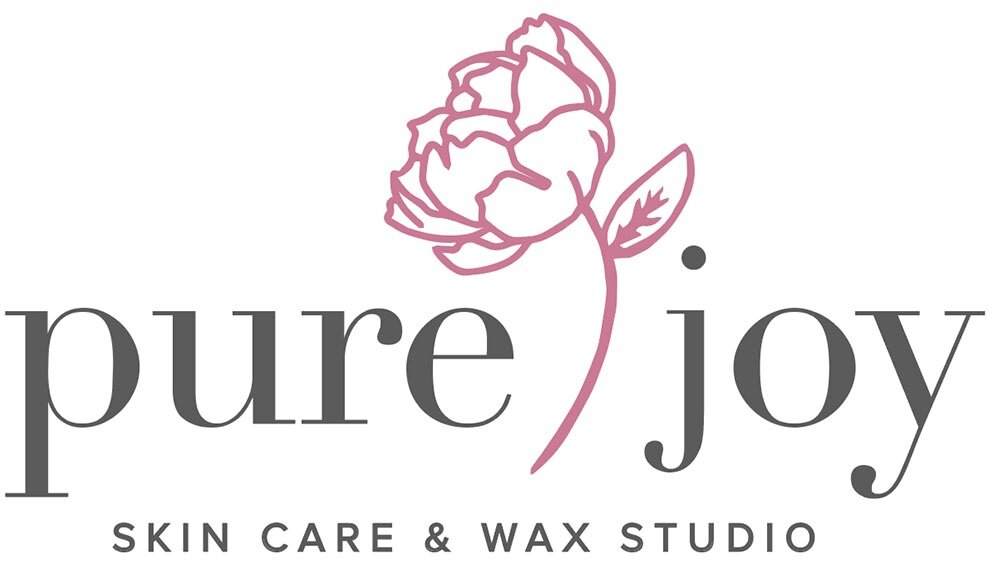Hyaluronic Acid
Whenever a longtime favorite ingredient of mine is in the spotlight, I love to take the opportunity to brag about its benefits from a professional perspective.
To estheticians, hyaluronic acid also known as sodium hyaluronate (as amazing as it is), is nothing new, but is currently enjoying quite the media spotlight and with good reason, it’s a highly effective workhorse with zero contraindications.
Although it's our largest organ, skin is always last in line to receive the benefits of the water we drink, and can suffer in nourishment, elasticity, texture and resilience. Topical application of a multi-weight hyaluronic acid serum helps bridge the gap, particularly in older skin, and wounded skin, in which hyaluronic acid facilitates autolytic debridement (the body's own healing process). Hyaluronic acid (HA) has been in your skincare products for many years, from serums and moisturizers to sheet masks and night creams, but what is it exactly?
What is Hyaluronic Acid?
HA is a moisture attracting, water retaining gel substance capable of holding 1000 times its weight in water – this is important news for every skin type. Why? Every skin type and condition benefits from being well hydrated – dry, oily, acne, sensitive, and everything in between. As a binding agent, hyaluronic acid helps to restore damaged barriers, patches flaky spots, and smooths rough texture. Hyaluronic acid is a main component of our extracellular matrix, playing a key role in tissue regeneration, inflammation response, and angiogenesis, all of which are phases of skin wound repair.
HA Benefits (my favorite HA vehicle)
The sole complaint I’ve heard concerning HA is that skin felt drier post application. This is due to misapplication and is not a fail on the part of the ingredient. HA is not a stand-alone moisturizer; it is meant to be layered underneath your moisturizer to boost hydration. I tell all of my clients, ‘you have got to lock in its goodness to reap its benefits’.
HA comes in sizes! Different molecular sizes to be exact. Larger HA molecules, despite being the best at binding water, cannot penetrate skin. When applied topically, these molecules sit on top of the skin, offering hydration only at the very surface. Slightly smaller HA molecules, which bind less water than larger HA molecules, can penetrate deeper into the skin (though only into the epidermis, the topmost layer of skin). For maximum surface hydration, look for a product that contains HA molecules in a variety of sizes.
HA Contraindications
Zero! How often do I get to say that! Hyaluronic acid is a cushioning, protective workhorse produced by, and abundant in the human body. Pure HA is a powder to which liquid (preferably purified water), and a preservative are added to create a lightweight gel. Seek simple formulations with a minimalist ingredient declaration and double check for any additional ingredients that you may be sensitive to. One of the best things about hyaluronic acid is that it doesn’t discriminate. No matter your skin type or condition, we feel confident you’ll notice positive improvements on your skin when you add HA rich products to your home regimen. Strong enough to boost water levels in the driest skins, yet gentle and light enough to weightlessly hydrate acne skin. In my professional opinion, it’s a perfect ingredient.
My favorite products containing hyaluronic acid are from my Skin Script Skin Care line sold here:
Cucumber Hydration Toner | 20.00
Ageless Skin Hydrating Serum | 30.00
Pure Joy Skin Tip
Hyaluronic acid is not a stand-alone moisturizer. It needs to be locked in to preserve the water it draws and traps. Used alone, it may pull water from skin, leaving skin further dehydrated. Keep it in the fridge to layer under a cold sheet mask in the summer or under a creamy mask in the winter. Need to pick up product or book your next treatment? Go to my website https://www.purejoyskincarewaxstudio.com
The purpose of Pure Joy Skin Tips is for skin care-related advice only. It is not intended as, nor is it a substitute for medical advice. Information posted should not be construed as personal medical advice. The reader assumes responsibility for advice applied. We strive for accuracy, but cannot be held responsible for the current validity of data as best practices are in continuous flux. By consuming any of our content, you agree that you will hold us harmless for actions you made as the result of the data.

